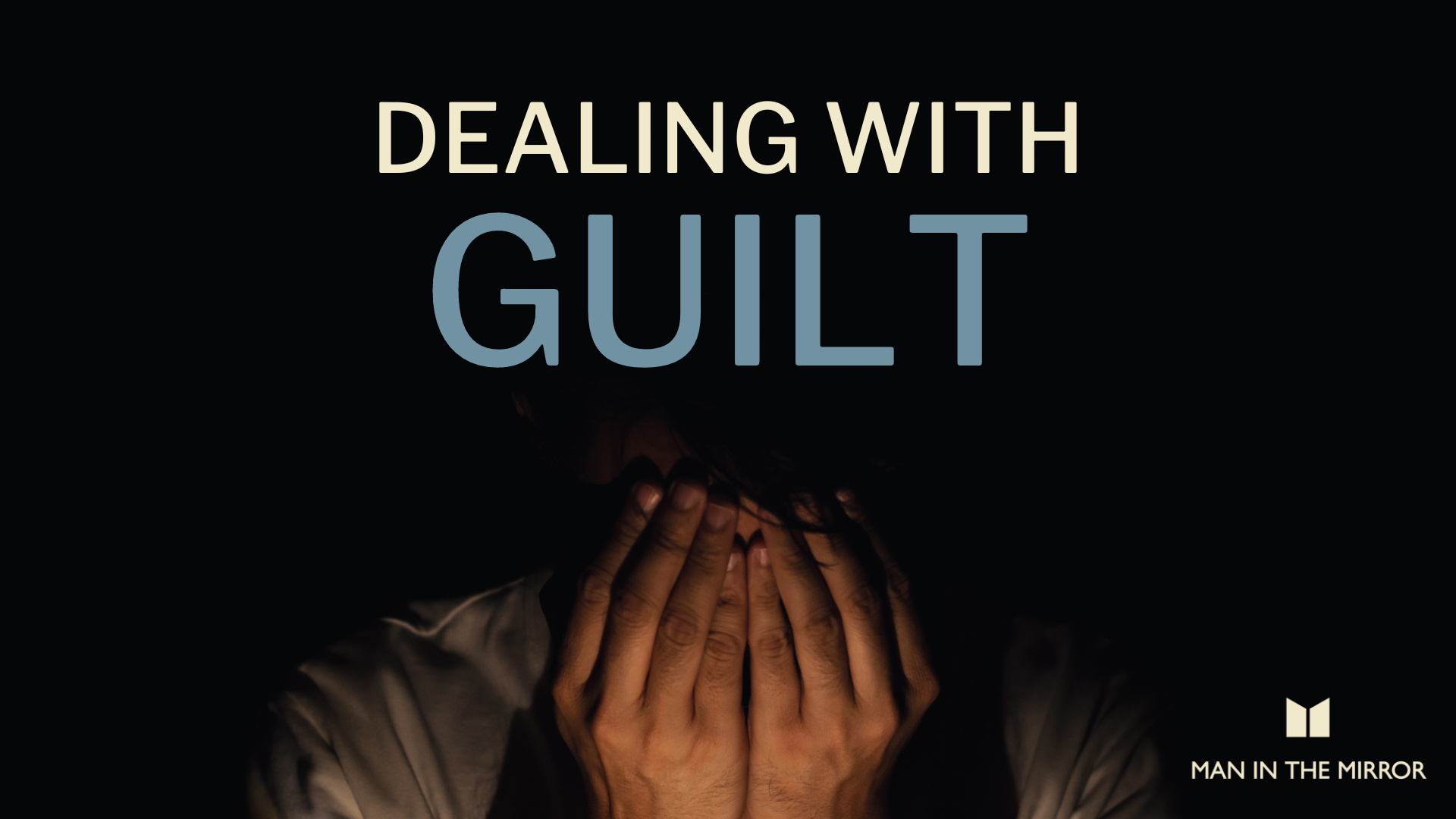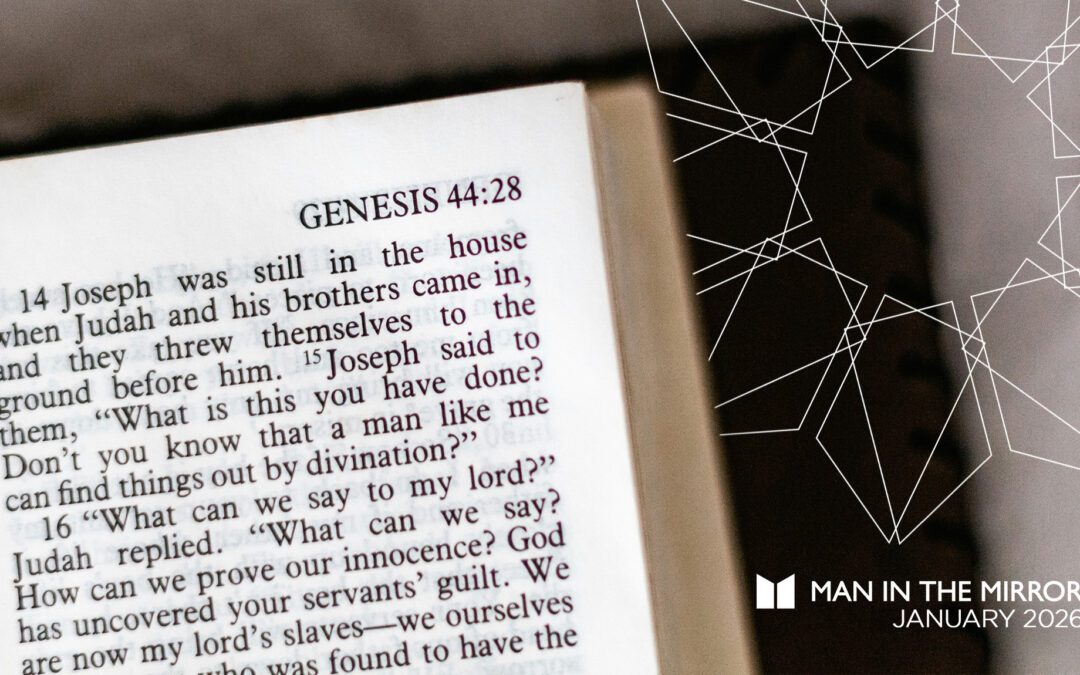I was once in rehab in recovery for pills. No one ends up in rehab with clean hands. Layers upon layers of sinful behavior and thoughts and brokenness were stored up in my heart. I didn’t want to talk about it for fear of being unmasked. To make matters worse, every addict is a master of self-delusion and denial. And I was a master of masters when it came to not dealing with my guilt.
The silver lining was that the 12-Step methods I found myself confronted with didn’t let me stay that way. A month into my stay, I had to sit in a group and list—in painful detail—everything my substance abuse had driven me to. Everything I had done to myself, my children, my wife, and my friends. The ruinous habits that torpedoed my career.
When it was my turn to share, I walked into the group session—a room filled with alcoholics, drug addicts, abuse survivors, and abusers. If there’s any crowd that would listen without judgment, it’s this group, I thought.
But I was mortified. I had dozens of sheets of paper, filled top to bottom with my guilt. And then I was asked to read the list to the group.
I looked down at my handwriting and didn’t look up for an hour. The entire time I read from the pages as I sat in my chair, doubled over, rocking myself slightly as the pain of admitting my faults in public gave me more anxiety than I had ever experienced.
When I was done, I felt almost immediate relief. The case manager approached me and pointed out how confession helps with guilt. “You rocked yourself like a scared child the entire time,” she said. “But when things were brought into the light, and the hammer didn’t fall on you, and you knew you were still loved and accepted—then you stopped and sat there like a man.”
Guilt is an odd thing. You must embrace the pain of it to see relief.
Guilt vs Shame
One of the overriding and crippling emotions a man can feel is shame. However, we need to understand some things about shame so that we can understand the truth about guilt.
In our everyday English speech, we often use “guilt” and “shame” interchangeably. However, guilt and shame are fundamentally different.
- Guilt: the sense of responsibility and remorse for my behavior.
- Shame: a sense of overall unworthiness in my being; a sense that I do not deserve to receive love.
The difference is profound. Guilt can be good when it’s an honest admission of our actions or thoughts that are ungodly. In Genesis 3, Adam was guilty of disobeying God when he ate the forbidden fruit. We can experience guilt, repent, and change our behavior. My confession in rehab was about my guilt.
But shame is judgmental. It cuts us off from forgiveness. It was shame that drove Adam to hide from God, rather than confront his sin and ask for forgiveness. If a man struggles with an overall sense that he is unworthy and unlovable, then his entire identity—even his existence—is called into question.
Paul worded the distinction like this: “For godly grief produces a repentance that leads to salvation without regret, whereas worldly grief produces death” (2 Corinthians 7:10).
In our experience, many men struggle with a deep sense of shame. Father wounds, broken relationships, a lack of close friends, past mistakes, and an overall sense of unworthiness have left them feeling lost.
But this week we are talking about guilt.
Although guilt and shame might look and sound the same to the untrained ear, they require radically different approaches.
Guilty feelings are about our behavior. We have done something, thought something, or felt something that we should not have. We feel convicted that we have wronged someone and God.
We can use guilt, then, as a springboard into repentance because we can apologize for our behavior and work hard to not repeat those behaviors, with God’s help.
Dealing With Guilt
So how do we deal with guilt directly? Here are three important steps we can take:
1) Focus on the Behavior
We need to focus on our behavior first. Get a sheet of paper and write out the thoughts, actions, feelings, and behaviors you feel guilty about. Big or small. I was rude to my wife. I ignored my kids. I have neglected my work because I was lazy. I am struggling with lust, or I drink too much.
Focusing on behavior frees us from shaming ourselves with vague statements that are unhelpful—that spur us to run from God and hide instead of to Him for help.
It is far more important to say to ourselves I was rude to my wife than to say I feel like I am not a good man. You can apologize to your wife. But if you let yourself get lost in a shame spiral, there is little you can do to get out of that nosedive.
Focusing first on your behavior allows you to find a path to restoration. I did something wrong; now I can make it right by apologizing and getting help with my behavior if needed.
2) Focus on Who You Hurt
Focusing on guilt and behavior almost always means you know exactly who you need to ask for forgiveness and reconcile with.
It can feel painful to admit that you hurt your wife, you kids, a friend, or your co-workers. Because of this, it’s tempting to rush to move on from it, pretending to be strong. But admitting we have hurt someone is one of the most appropriate, biblical steps a man can take.
3) Freely Admit Your Wrong to Another Person
Admitting we have hurt someone is one of the most appropriate, biblical steps a man can take.
One of the things we don’t often discuss or provide in today’s modern church is a process to confess our sins. We’re great at discussing how Jesus paid it all, but for most of us, applying the free grace of the cross is not as easy. And that grace allows us to freely admit wrong and apologize.
If we have wronged someone, it is important that we find a way to approach them and confess. It can be as simple as, “I feel guilty for what I did, and I am sorry.”
Jesus, in His Sermon on the Mount, emphasized what should be a sense of urgency within us to do this:
If you are offering your gift at the altar and there remember that your brother has something against you, leave your gift there before the altar and go. First be reconciled to your brother, and then come and offer your gift. (Matthew 4:23-24)
You may be scared; you may have trouble getting the words out. You may rock yourself in your chair like I did. But when you confess your sin and apologize, relief is usually quick to follow—not a relief from the consequences necessarily, but a relief from the fear and guilt you feel.
For some, it may be impossible to contact the person who has been hurt. Maybe they have passed, or the relationship is too broken. It is still important to confess to one another, as the New Testament tells us, so if you are unable to make amends directly, confess your wrongdoing and sense of guilt to a trusted person. It could be your pastor, an elder, a spiritual father figure, or a close brother in Christ—but talk to someone.
The spiritually wise man understands that being fully dependent on God and admitting his weaknesses to others is crucial for his spiritual wellbeing.
Guilt is an Opportunity
If the cross is real, then guilt is real. There’s no way around it, and none of us are immune to sin and guilt.
But ultimately, guilt is not something that should weigh us down and drag us into depression. And it needn’t separate us from God. Rather, this godly grief—a deep sense of conviction from the Holy Spirit—produces repentance that leads to salvation. Yes, our guilt is real, but our guilt is paid for on that cross.
Because of the cross, we can reflect on our behavior—separate from our worth and identity in Christ—and then carry our feelings of guilt into restorative action. Men, take it from me: nothing can feel more painful in the moment than confessing your sin to another. But it’s freeing in the end.
THE BIG IDEA: Godly grief produces a repentance that leads to salvation without regret.






